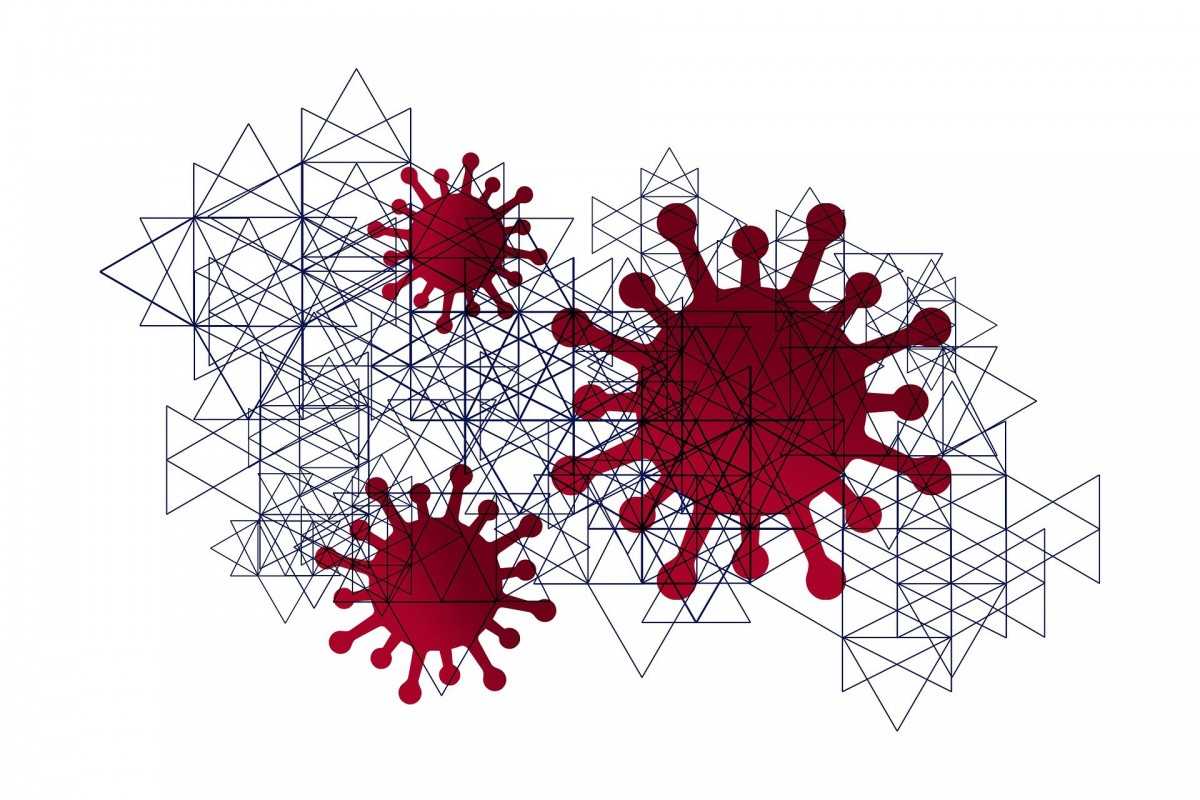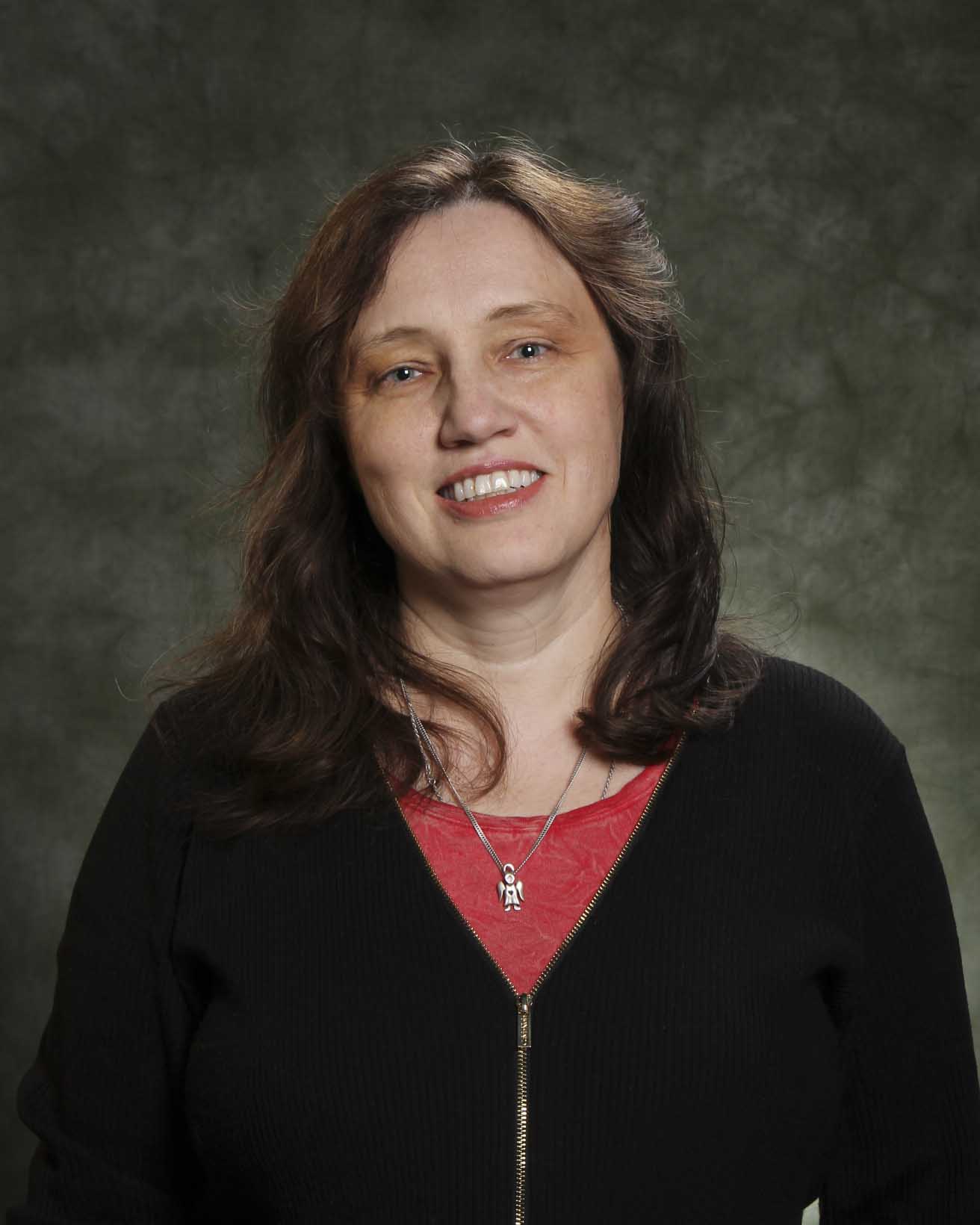March 7 Lecture: What did we learn about our governments during the pandemic?

The coronavirus did more than stress our public health and hospital systems. It also put significant stress on our governments, which navigated such measures as lockdowns and mandatory mask-wearing.
For political scientists, the pandemic provided a fascinating real-time laboratory in how governmental policy emerges in times of crisis. As the pandemic unfolded over the spring and summer of 2020, Binghamton University Political Science Professor Olga Shvetsova and her COVID-19 Policy Response Lab compiled a massive database comparing pandemic-related governmental policies in 75 countries on both the national and subnational levels.
What did we learn about our governments during the pandemic? That’s the topic of the 2022 Harpur Dean’s Distinguished Lecture, which will be held at 5 p.m. Monday, March 7. Free and open to the public, the event will be held in person at the Innovative Technologies Complex Symposium Hall at 85 Murray Hill Road in Vestal; reserve your spot by March 4 by emailing kmaynard@binghamton.edu.
Co-sponsored by the Binghamton Chapter of United University Professions, the lecture series began in 1998 as an annual forum featuring the exemplary research and scholarly and creative work conducted across the disciplines in Harpur College. These lectures provide an opportunity for distinguished members of the Harpur faculty to address an audience of their peers and students, as well as the wider local community.
“Professor Shvetsova’s research is notable for its breadth and dexterity. Despite the challenging circumstances of the pandemic, she found a unique research opportunity, bringing together a team to ask important questions about how well-equipped our governments are to deal with complex, global crises,” said Harpur College Dean Celia Klin. “I am looking forward hearing more about this project in her lecture.”
Shvetsova studies the interaction between the rules of politics and the strategies of political agents. She also has a longstanding research interest in the political economy of health, and her COVID-19 Policy Response Lab published research on governments during the pandemic. She is currently working on a compendium on the subject for Palgrave-McMillan.
During the first year of the pandemic, before the advent of vaccines, governments relied on non-medical interventions to stem the spread. These measures included mask-wearing mandates, encouragement of social distancing and the closure of international borders
While these interventions were epidemiologically sound, the direct immediate benefits to individuals were difficult to measure, while the social and economic costs were immediately apparent. The pandemic thus presented the political incumbents worldwide with a choice: What, if any, public health measures would they enact?
Understanding these different choices and what swayed politicians to make the choices they did tells us what to expect from our elected officials in future crises, according to Shvetsova.
“Economic development and the condition of the healthcare system are, of course, extremely important. But much of the reason why people around the world ended up with vastly different pandemic life experiences and possibly also different medical outcomes, is the way in which they (s)elect and organize their governments,” she said.

